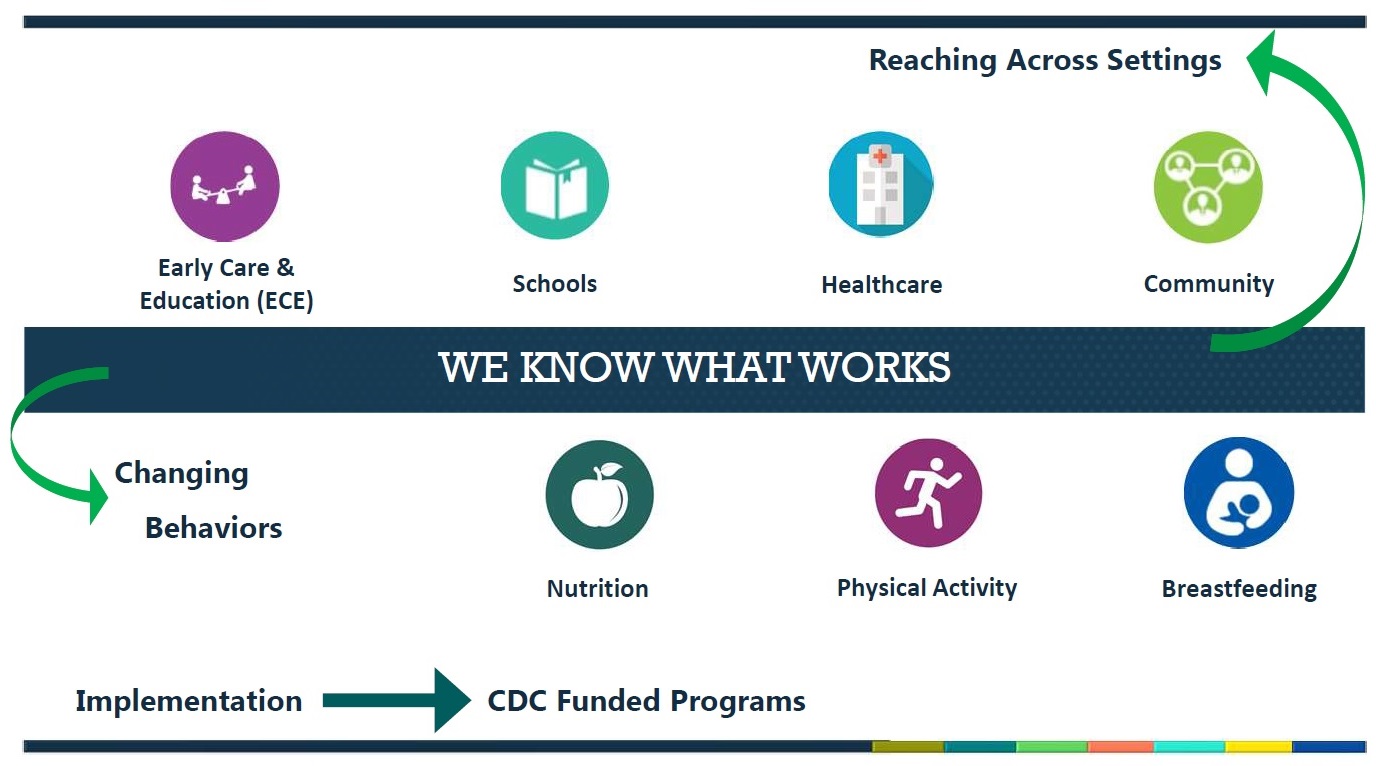TMI About Health with Too Little Trust
 Increasingly, we find ourselves burdened by TMI about health, much of which we cannot trust. Such an overload of dubious information makes it hard to make good decisions. Evidence of this is everywhere we turn. People are dying needlessly from COVID after choosing to refuse vaccination. And to be sure, the subject of obesity, weight, and health has long flooded the media with noise about easy answers that fail to satisfy.
Increasingly, we find ourselves burdened by TMI about health, much of which we cannot trust. Such an overload of dubious information makes it hard to make good decisions. Evidence of this is everywhere we turn. People are dying needlessly from COVID after choosing to refuse vaccination. And to be sure, the subject of obesity, weight, and health has long flooded the media with noise about easy answers that fail to satisfy.
For good information on health, we would like to rely on a venerable institution like the CDC, but right now, it is getting low marks for the quality of its health communication. A central problem seems to be that the quality of its communication is undermining public trust.
This is the wrong time to lose trust in important institutions of health.
A Grade of “C” for Communication
In a recent interview, Professor Cynthia Baur gave CDC a “C” for health communication in the pandemic. Her perspective is very much in line with views of of the agency’s messaging from many perspectives, including the perspective of its own director.
Baur notes that this work is hard because human communication is hard. However, it is not impossible, she says:
“There’s not an easy way, but there is a way out. And part of that is to kind of get back to the communication basics, which are to explain things very clearly and simply in a jargon-free way. And to do it as frequently as possible.”
The Element of Trust
Zeynep Tufekci is a professor of sociology who writes thoughtfully about public health and how professionals communicate with the public. She says that CDC is leaving us to figure things out on our own. So their communications strategy is undermining public trust because people feel “guided rather than informed and empowered.” She explains her reservations:
“I don’t think it’s a legitimate way to treat the public. Also, it doesn’t work because it just backfires on you. And I say this with very deep respect to their service as clinicians and medical doctors and all of those things.”
 Tufekci has a point. We see it in problems with the agency’s credibility and candor of communication about obesity. When its leadership tells us they “know what works” to overcome obesity, it doesn’t ring true. Experience suggests that overcoming obesity is not a simple matter of changing behaviors to make it fade away. Because for decades, while CDC pressed continuously to promote healthy eating and active living, obesity just kept on rising.
Tufekci has a point. We see it in problems with the agency’s credibility and candor of communication about obesity. When its leadership tells us they “know what works” to overcome obesity, it doesn’t ring true. Experience suggests that overcoming obesity is not a simple matter of changing behaviors to make it fade away. Because for decades, while CDC pressed continuously to promote healthy eating and active living, obesity just kept on rising.
But still, changing behaviors remains the cornerstone of CDC messaging on the subject. Eat less, move more, and this will go away. It is a false promise.
Effective communication must be rooted in trust. Sometimes, to gain trust we must own up to the limits of what we know. Because without honesty, trust is not possible.
Click here for Baur’s interview on CDC communication and here for Tufekci’s wide-ranging interview. For more perspective on the impact of too much information, click here. Finally for some ideas about coping with health information overload, click here.
The Burden, painting by Honore Daumier / WikiArt
Subscribe by email to follow the accumulating evidence and observations that shape our view of health, obesity, and policy.
January 23, 2022
